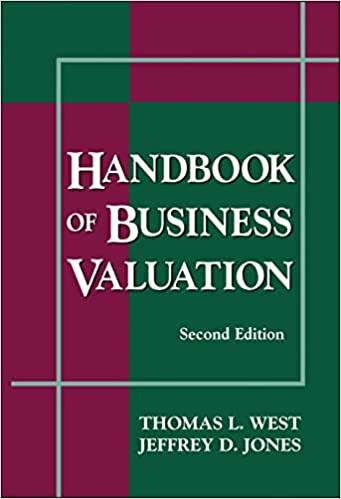Answered step by step
Verified Expert Solution
Question
1 Approved Answer
You have just inherited $100,000 from a distant relative. Instead of spending it right away, you want to invest it wisely. You have two investment
You have just inherited $100,000 from a distant relative. Instead of spending it right away, you want to invest it wisely. You have two investment options: Option 1: Invest the entire $100,000 in a bank savings account that pays a fixed annual interest rate of 3%. The interest is compounded annually. Option 2: Invest the $100,000 in a 20-year bond that pays an annual coupon rate of 5%. The bond pays semi-annual interest, and you receive $2,500 every six months. Your goal is to determine which option will provide you with the higher future value (i.e., more money) at the end of 20 years. Calculate the future value for both options and decide which investment you should choose. Remember to consider the time value of money principles, compounding, and the different compounding frequencies when solving this problem. Each student can work on this problem individually to practice their time value of money calculations and make an investment decision based on the calculated future values. Second alternative: calculate the future value of both investment options while considering 2% annual inflation. Show your calculations with and without inflation.

Step by Step Solution
There are 3 Steps involved in it
Step: 1

Get Instant Access to Expert-Tailored Solutions
See step-by-step solutions with expert insights and AI powered tools for academic success
Step: 2

Step: 3

Ace Your Homework with AI
Get the answers you need in no time with our AI-driven, step-by-step assistance
Get Started


